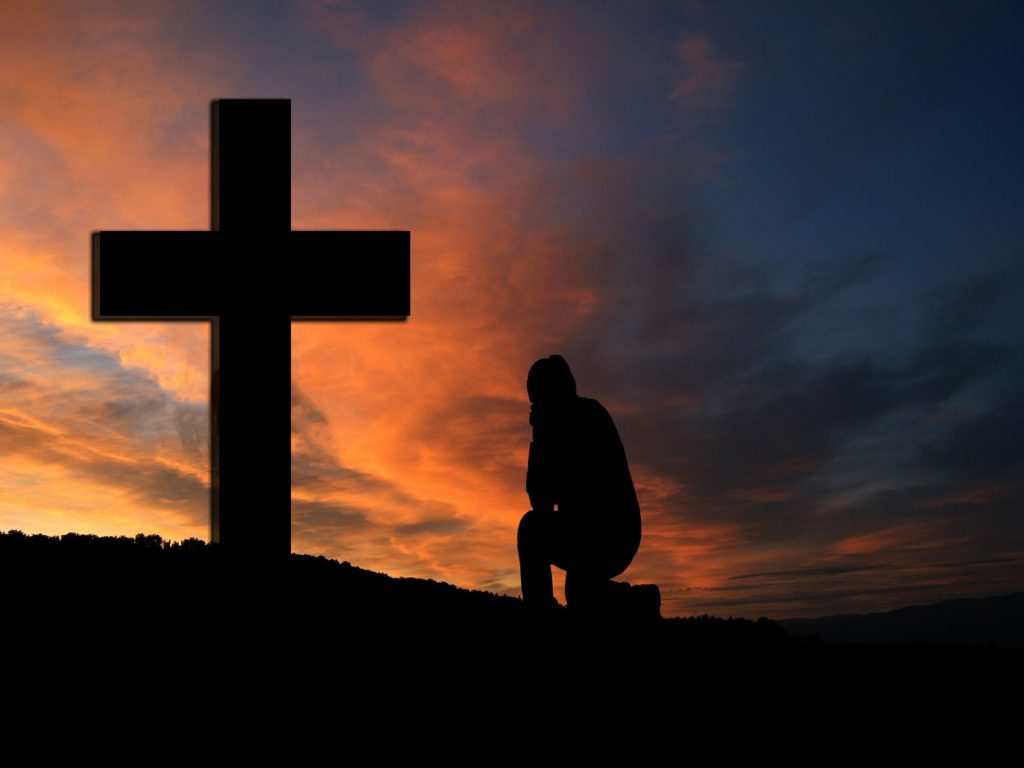
I believe many of us have the experience of hearing/reading a text in the Holy Bible and then get connected or related to one of the personalities in the Biblical episodes. Sometime we may identify with him/her because of certain similar situations of some shared experiences. This identification is something inevitable if we seriously read/hear the Bible reflectively. One of the reasons for this identification is that the Bible is not only the story of God; it is also that we become part of the story of God. The more we read and reflect on the message of the Bible; it brings us to a deep relationship with God. Therefore, the Bible is considered as the story of the loving relationship between God and humankind.
Hebrew Scriptures and the New Testament record the human experience of people; their hopes, joyful feelings, victories, peaceful achievements, struggles, sufferings, tragedies, and the like. For God has spoken to us in human words and in human experience to a greater extent.
Most Christians who try to live their faith based on the Bible have come to know that growing in one’s faith is a spiritual journey. In this spiritual journey, we do not have one stop where all the faith that we need is received. Faith is granted through a series of struggles and testing and it is an ongoing journey. This is what we heard in the life stories of patriarchs: Abraham whose faith was tested and Jacob who had to struggle with God in faith.
In my articles in the past bulletins on Biblical Patriarchs and matriarchs, we began the story of the journey of our faith with God’s call to Abraham (Gen 12; 1ff). As we know that book of Genesis speaks to us the story of Abraham and his family, the challenges that they faced, and their faithfulness despite adversity. And we follow the faith of this family from generation to generation, as the covenant was passed first to Isaac and then to Jacob. Each of them faced and overcame their own challenges and struggles in responding to God.
However, the story of the first family of Judaism is not concluded with the death of Jacob and then Joseph. The message of the Patriarchs in the book of Genesis is a story without an ending. It looks forward to an open future. The call to respond to God is a call to grow. In the Holy Scriptures the call to follow God in an ongoing journey is a call to advance. The Bible is filled with moving characters who are all on an ongoing journey of growing. We all are invited to grow in our Christian life with hope.
— Fr. Niranjan Rodrigo, Ph.D.

You must be logged in to post a comment.